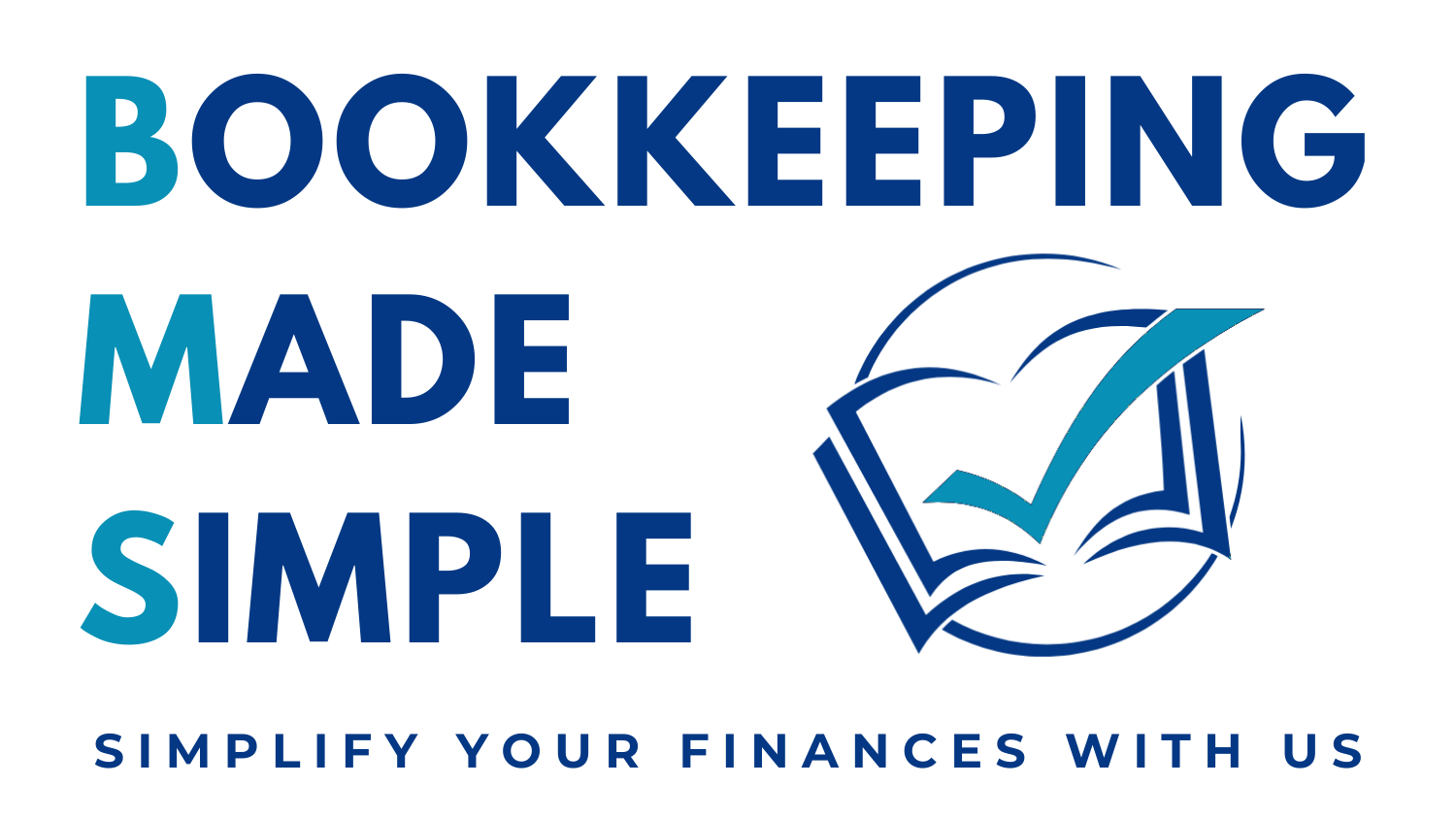Effective Small Business Bookkeeping in NJ: A Step-by-Step Guide
Bookkeeping is the backbone of any thriving small business, especially in a state as dynamic as New Jersey. Keeping track of finances might sound intimidating, but with the right approach, it can be a smooth and rewarding process. Whether you're a seasoned entrepreneur or just starting, this step-by-step guide will help you navigate small business bookkeeping with ease.
Significance of Bookkeeping for Small Businesses
Bookkeeping is a vital process that ensures your business stays financially healthy. Proper basic bookkeeping in New Jersey helps you keep track of expenses, manage cash flow, and prepare for tax season. It's about making sure you have an accurate record of all your financial transactions so you can make informed decisions.
Bookkeeping also gives you peace of mind. Knowing your financial situation inside and out means fewer surprises and more control over your future. It helps you spot trends, adjust strategies, and, ultimately, make your small business more profitable.
Setting Up Your Bookkeeping System
The first step in effective small business bookkeeping in NJ is setting up a system that works for you. There are many options, from manual ledgers to digital software. For smaller businesses, cloud-based bookkeeping software can be an excellent choice. These platforms are user-friendly and allow you to manage your finances from anywhere.
Start by categorizing your expenses. Think of categories such as office supplies, marketing, payroll, and utilities. Keeping your transactions organized will save you a lot of time down the road and help you see exactly where your money is going.
Tracking Expenses and Income Consistently
Consistency is key when it comes to basic bookkeeping in New Jersey. It's not enough to keep records only when you feel like it—regular updates to your bookkeeping system are essential. Set aside time every week to review your financial statements, log your receipts, and track income.
Missed entries can lead to confusion or, worse, legal troubles when tax time rolls around. The habit of consistent tracking allows you to catch errors early, ensuring that your records are always accurate. Remember, bookkeeping isn’t just about keeping records for tax purposes—it’s also a window into your company’s financial health.
Separating Personal and Business Finances
Mixing personal and business finances is one of the most common mistakes new business owners make. Keeping these separate is crucial to effective small business bookkeeping in NJ. Open a separate bank account for your business transactions to avoid confusion, especially when it’s time to file taxes.
By doing this, you’ll also make it easier to track business expenses and see how well your business is performing. It simplifies everything from invoicing to paying bills, leaving no room for personal expenses to complicate your financial statements.
Managing Payroll and Taxes Efficiently
Payroll can be one of the most complex parts of basic bookkeeping in New Jersey, but it doesn’t have to be overwhelming. If you have employees, setting up a solid payroll system is critical. Make sure to accurately calculate wages, withholdings, and taxes.
Similarly, keeping up with taxes is non-negotiable. Whether it’s sales tax, income tax, or payroll tax, staying on top of deadlines and making sure everything is filed correctly is crucial for avoiding penalties. Using software can help automate this process, ensuring accuracy while saving you time.
Conclusion: Mastering Bookkeeping for Long-Term Success
Bookkeeping might seem like a daunting task at first, but with the right steps and a consistent approach, it can be manageable—even enjoyable. Keeping track of your financials is about setting your business up for long-term success. By following these steps, you’ll be well on your way to mastering small business bookkeeping in NJ. For professional assistance, consider partnering with Bookkeeping Made Simple, LLC to simplify the process even further.

